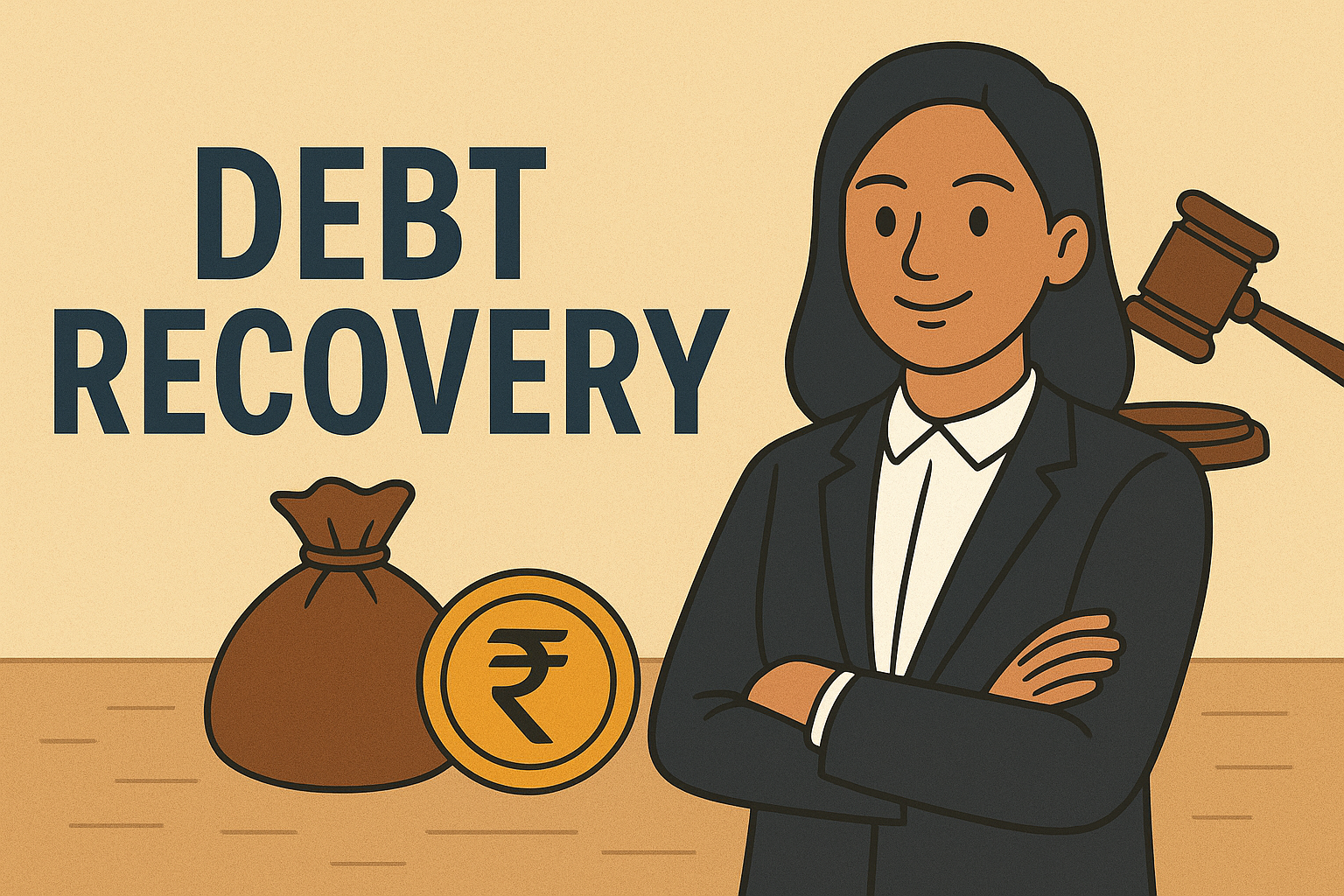
Prevention from Recovery Agents in Loan Cases: RBI Guidelines & Supreme Court Rulings
The issue of harassment by recovery agents in loan repayment has been a matter of concern in India. To safeguard borrowers’ rights, the Reserve Bank of India (RBI) has issued strict guidelines, and the Supreme Court of India has passed significant judgments laying down limits on recovery practices.
📜 RBI Guidelines on Recovery Agents
- Banks and NBFCs must engage only authorized recovery agents trained and certified as per RBI directions.
- Recovery agents cannot resort to threats, abusive language, or physical coercion.
- Borrowers must be contacted only between 7:00 AM and 7:00 PM.
- Banks are responsible for actions of their agents, and complaints of harassment may lead to penalties on the bank.
- Borrowers have a right to file complaints with the bank’s grievance redressal cell, RBI Ombudsman, or consumer forums.
⚖ Key Supreme Court Rulings
- ICICI Bank v. Shanti Devi Sharma (2008) – The Court strongly criticized the use of goons and musclemen by banks for recovery, holding such practices illegal.
- Manager, ICICI Bank v. Prakash Kaur (2007) – The Court observed that banks must follow due legal process and not adopt strong-arm tactics.
- RBI v. Peerless General Finance (1987) – Though on a broader issue, the Court upheld RBI’s regulatory power to frame binding directions safeguarding public interest.
🧾 Practical Remedies for Borrowers
- File a complaint with the bank’s grievance officer and RBI Ombudsman.
- Approach the Consumer Forum for deficiency of service.
- Seek legal protection through civil suit or writ petition if harassment persists.
In sum, borrowers are protected by RBI guidelines and Supreme Court precedents. Recovery must be done only through lawful means, ensuring dignity and rights of individuals are not violated.
Tags: Recovery Agents, RBI Guidelines, Loan Harassment, Supreme Court Cases, Borrower Rights, Banking Law


